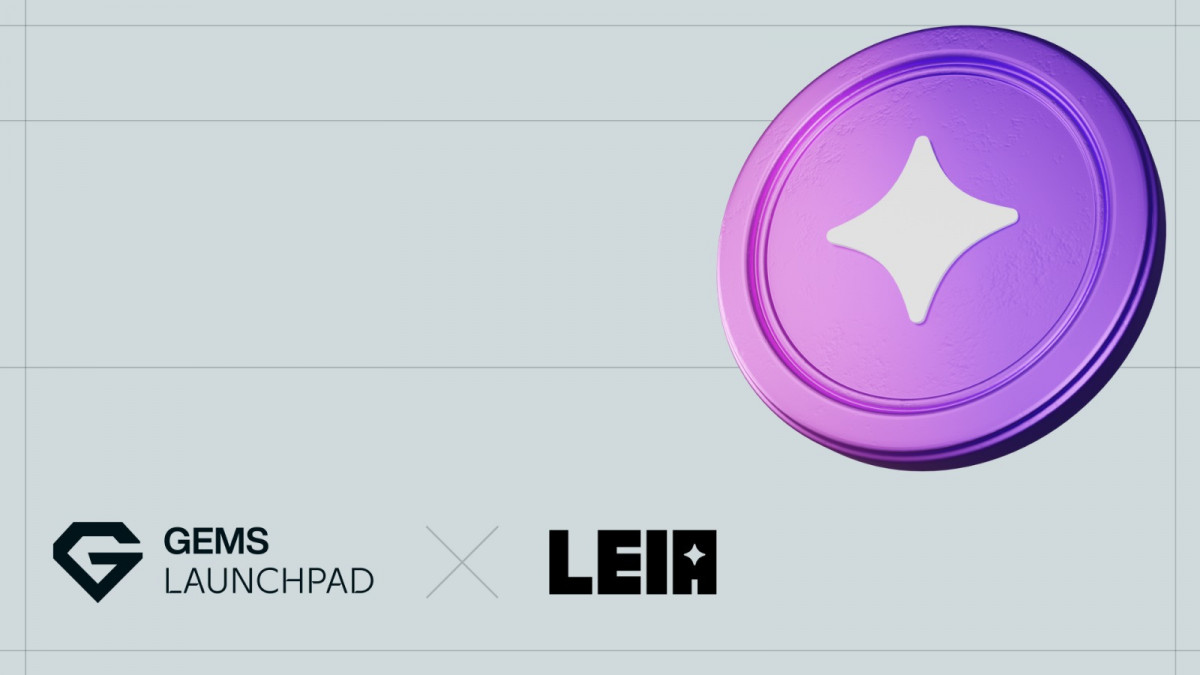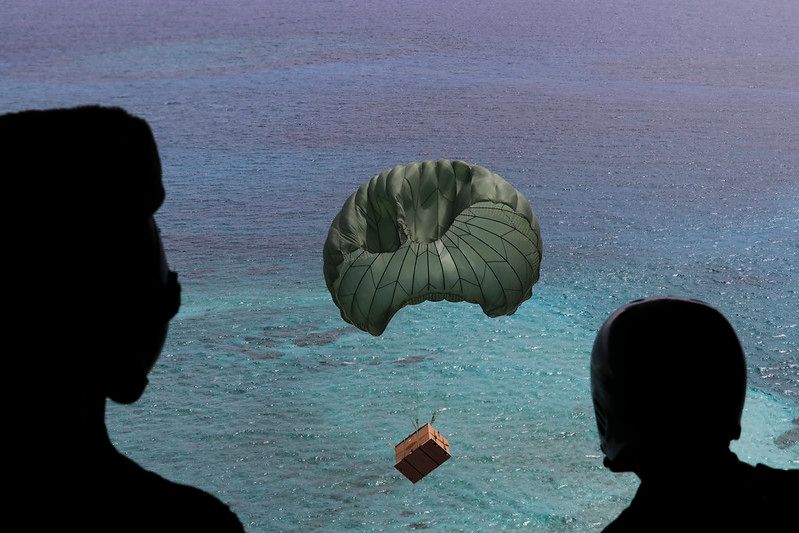Podium during the Yas Island stage of the 3rd UAE Tour 2021 in Abu Dhabi, United Arab Emirates. … [+]
More than 150,000 people from around the world will be traveling to Abu Dhabi next month for the Formula One season finale at Yas Marina Circuit. A couple hundred millions more will get a feel for the action by watching the sights and sounds through broadcasts on television, computer, and smartphone screens. They may get closer to the in-person experience soon, though, thanks to the launch of the Yas Island Metaverse.
Yas Island is one of the landmark destinations in the United Arab Emirates’ capital city. Its 25 square kilometers hold a galore of world-class shopping outlets, restaurants and cafes, beach clubs, hotels, leisure and entertainment venues, theme parks, and sports facilities. The metaverse project aims to grow that reach by creating a virtual replicate for users to experience and engage in the activities, attractions, and adventures—like riding the world’s fastest rollercoaster at Ferrari World or getting behind the wheel of a race car on the F1 track—that residents and visitors have come to know of the real-world version.
This move into the metaverse is being led by the Abu Dhabi Ministry of Culture and Tourism. It is bringing together a consortium of local partners, including Aldar real estate development, twofour54 media production, Miral destination management, Abu Dhabi Motorsport, and Flash Entertainment. Roblox, The Sandbox, and Super League Gaming—among the leading platforms in the current metaverse landscape—will be used to build the digital destination. The concerted effort to place Abu Dhabi in a virtual world puts community far beyond novelty.
Development of the physical-world island over the past fifteen or so years has led to it being included in Abu Dhabi’s Economic Vision 2030, the government’s plan to transform the emirate by shifting from a reliance on the oil sector to a focus on knowledge-based industries. Sports, under the umbrella of the Abu Dhabi Sports Council, has a key role within it. But don’t judge the effort purely by its title. The effort is in fair measures economic and social.
For the past decade, Abu Dhabi has been actively growing its position as a global center for international sports events. Hosting major sports events can drive tourism and commerce.
Earlier this month, the first-ever NBA games in the Arabian Gulf region were hosted in the island’s Etihad Arena; a multiyear deal—and a sell-out crowd—mean more games coming to the cutting-edge 18,000-seat sports and entertainment venue. The World Triathlon Championship Finals, FIBA 3×3 World Tour final, and the Abu Dhabi Golf Championship weekend are among the sports events on the schedule in coming months. The FINA World Swimming Championships were held there last year. And fans of Ultimate Fighting Championship have known Yas Island for hosting mixed martial arts events since 2010—and more recently as the location of “Fight Island,” a project that started when UFC used the site for the “bubble” that allowed its competitions to continue during the early stage of the Covid-19 pandemic.
But sports also has the power to encourage health, inclusion, and cooperation across communities of all types. That is a meaningful part of Abu Dhabi’s vision. Yas Island features prominently in its scope.
The Etihad Airways Abu Dhabi Grand Prix that is contested at the Yas Marina Circuit is much more than a few hours of auto racing. It is a week-long festival of the sport, with all of Yas Island and many public parts of the emirate being accessed by fans and visitors. The nearly 3.5 miles (5.5 km) of track can also be configured in five different ways to accommodate the requirements of various motorsports events. Meanwhile, the same track is opened twice each week throughout the year for people to walk or jog on and cyclists of all ages and abilities to take a bike ride for free.
How can sport promote economic growth and social innovation? How can sport be used to make a positive impact in people’s lives and communities? How can sport develop cooperation between neighborhoods, cities, and nations?
A project like the Yas Island Metaverse can provide some helpful answers to those questions by offering people access to parts of our physical and digital worlds that they might not otherwise be able to reach. For those so inclined, it’s time to start your engines.
Read More: news.google.com









 Bitcoin
Bitcoin  Ethereum
Ethereum  Tether
Tether  XRP
XRP  Solana
Solana  Dogecoin
Dogecoin  USDC
USDC  Cardano
Cardano  Lido Staked Ether
Lido Staked Ether  TRON
TRON  Avalanche
Avalanche  Wrapped stETH
Wrapped stETH  Sui
Sui  Toncoin
Toncoin  Chainlink
Chainlink  Shiba Inu
Shiba Inu  Wrapped Bitcoin
Wrapped Bitcoin  Stellar
Stellar  Hedera
Hedera  Polkadot
Polkadot  WETH
WETH  Bitcoin Cash
Bitcoin Cash  LEO Token
LEO Token  Uniswap
Uniswap  Litecoin
Litecoin  Pepe
Pepe  Hyperliquid
Hyperliquid  Wrapped eETH
Wrapped eETH  NEAR Protocol
NEAR Protocol  Ethena USDe
Ethena USDe  USDS
USDS  Internet Computer
Internet Computer  Aptos
Aptos  Aave
Aave  Mantle
Mantle  Cronos
Cronos  Render
Render  POL (ex-MATIC)
POL (ex-MATIC)  Ethereum Classic
Ethereum Classic  Bittensor
Bittensor  MANTRA
MANTRA  WhiteBIT Coin
WhiteBIT Coin  Monero
Monero  Tokenize Xchange
Tokenize Xchange  Artificial Superintelligence Alliance
Artificial Superintelligence Alliance  Dai
Dai  Virtuals Protocol
Virtuals Protocol